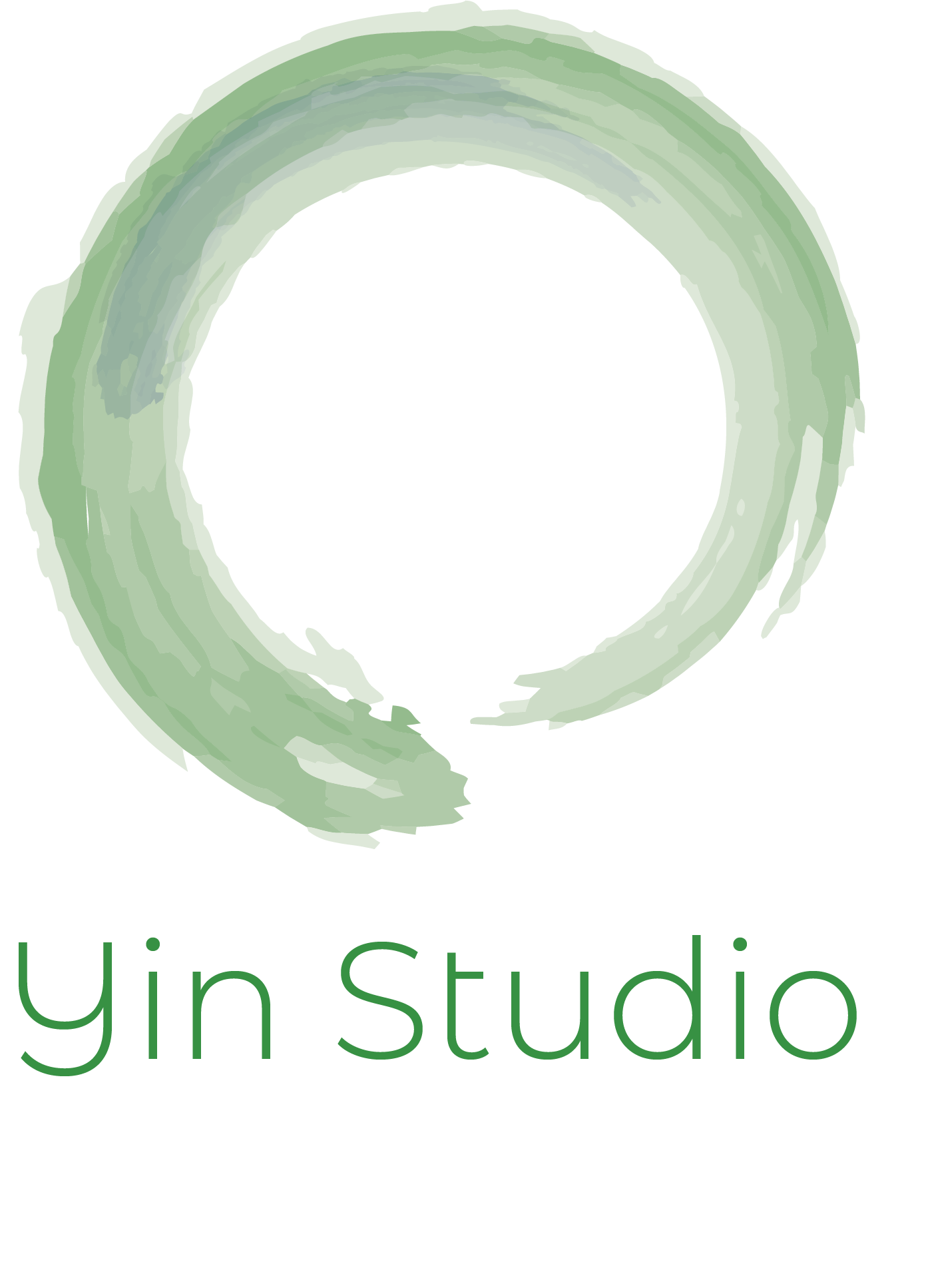Focus on Cancer - acupuncture to manage side effects of treatments
Eastern and Western practices of medicine have traditionally been seen as mutually exclusive; two distinctly different options for treating illness. But increasingly patients and doctors alike are valuing the overlap, when the space where East meets West equals more patient-centred options to relieve the side-effects of mainstream treatments.
One such example is in cancer care symptom management. Data from the World Cancer Research Fund International indicates that Australia has one of the highest per capita rates of cancer in the globe.
Radiation and chemotherapy often gives many patients a good chance of survival. But sometimes, these treatments come with undesirable side effects.
When treating cancer, Western medicine is a good option but then there are a lot of side effects during and after treatment. There are a lot of options to improve these, but one of the best is acupuncture where we can improve a lot of symptoms. Nausea and loss of appetite can be common side effects of some cancer treatments and while medications to prevent or treat nausea are often combined with chemotherapy drugs, many patients still experience symptoms.
Acupuncture is not a one size fits all treatment for the symptoms of chemotherapy or radiation. Its results are varied according to cancer and treatment type, the person's own experience of disease and treatment, the acupuncturist and their level of training in this field, and the individual's body. However, as various research shows, it is helping to alleviate the symptoms of cancer therapy in some patients.
Other side effects such as fatigue, hot flashes, diarrhoea and constipation, peripheral neuropathy and mouth sores can also be effectively managed with acupuncture. Patients also find that coming in for weekly acupuncture sessions while they are undergoing cancer treatments helps them sleep better, reduces anxiety and depression, and offers another level of support during their cancer journey.
There is also evidence to suggest that the practice can help immune function by supporting white blood cell count, and reduce the dry mouth feeling and difficulty swallowing experienced by many throat and neck cancer patients.
Research on acupuncture in people with breast cancer and other types of cancer
Scientific testing - that includes monitoring patient experience with acupuncture, compared to prescribed drugs or a placebo - has slowly dispelled the once-held myth that the benefits of acupuncture were simply imagined. In fact, the results for some chemotherapy induced symptoms have been so compelling that in July this year, the American Society of Clinical Oncology listed acupuncture as a means of delivering one of the best practice methods of care for cancer-related pain.
Much research is being done on how acupuncture can help relieve some of the symptoms of cancer and side effects of cancer treatment. Acupuncture has been shown to help relieve fatigue, hot flashes, nausea, vomiting, and pain.
The most thorough study of acupuncture in breast cancer patients was published in Journal of the American Medical Association in 2000. In the study, 104 women undergoing high-dose chemotherapy were given traditional anti-nausea medication. In addition to taking the medication, the women were randomly chosen to receive 5 days of acupuncture or no acupuncture. The women who had acupuncture had significantly fewer nausea episodes than those who didn't.
Another study, completed at Duke University and published in 2002, compared the use of acupuncture to the use of Zofran (chemical name: ondansetron), an anti-nausea medication, before breast cancer surgery to reduce the nausea that can occur after surgery. The acupuncture treatment was found to work better than Zofran at controlling nausea.
In a French study published in 2003, acupuncture was examined in the treatment of cancer-related pain. Patients treated with acupuncture had a 36% reduction in pain after 2 months of acupuncture treatments, compared with a 2% reduction in pain in the patients receiving a placebo type of acupuncture.
In one very preliminary 2004 study at Memorial Sloan-Kettering Cancer Center, acupuncture was shown to reduce post-chemotherapy fatigue by 31% in people with various types of cancer. In 2005, another preliminary study of breast cancer patients in Sweden showed that acupuncture reduced hot flashes by half.
